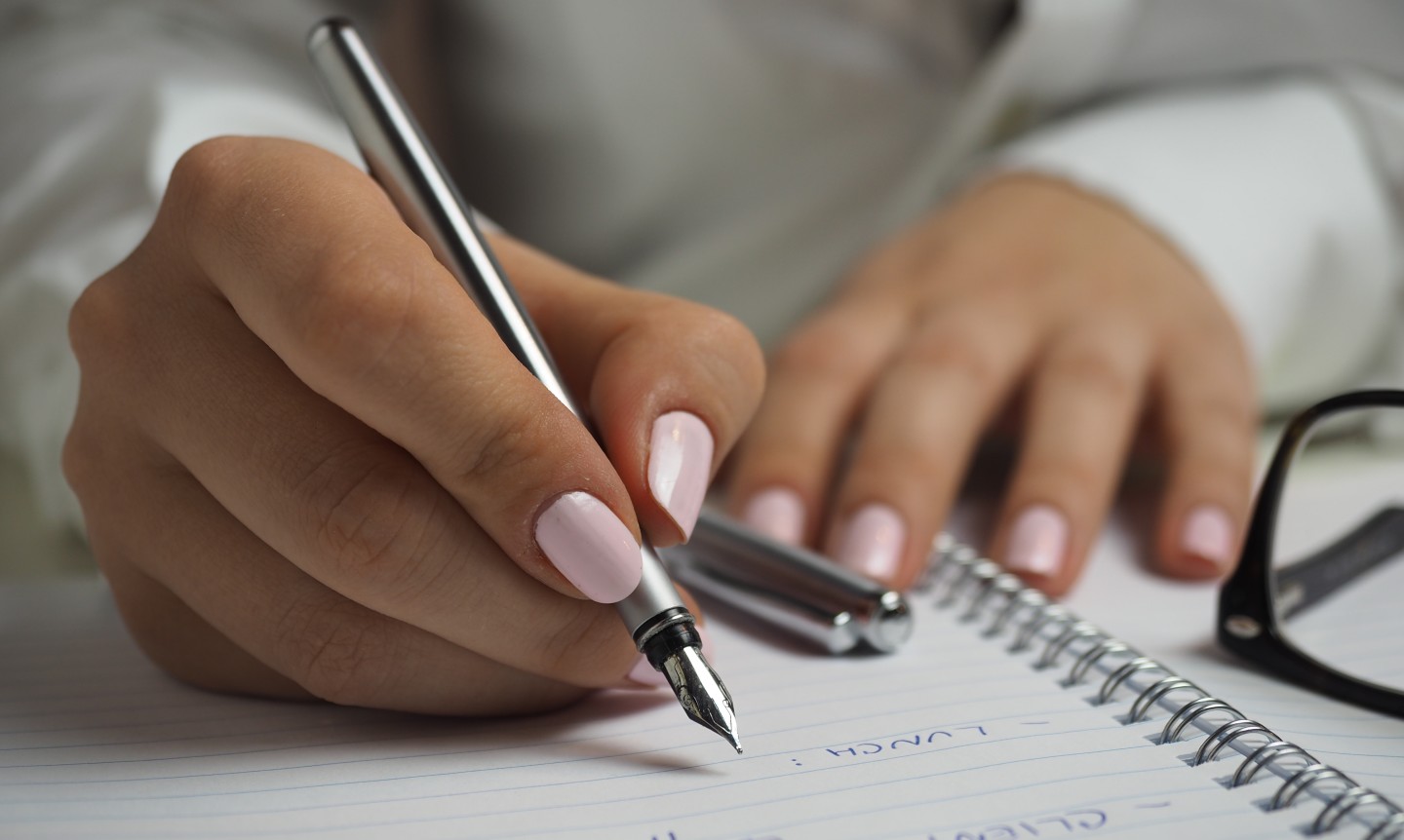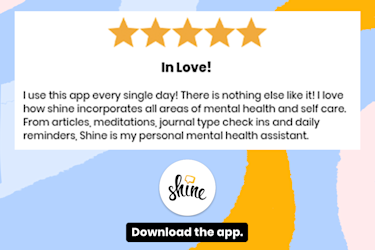7 Words for Emotions You've Probably Experienced—But Never Knew
Ever experience a feeling but can’t find the right words to describe it? For example: Maybe you’ve felt like everyone has a plan that involves you, but paranoia isn’t the right word since you feel that everyone wants to help you rather than hurt you. In that case, you’re feeling pronoia, a word coined by a sociologist Fred Goldner just 35 years ago.
Or, maybe you’ve felt a longing for something in your past, but it’s not “nostalgia” since you’re looking back with sadness. In Japan, that feeling is called natsukashii, and you’ve probably never heard of it since there’s no direct English translation.
Defining our feelings can help us better regulate our emotions and weaken negative emotions, but it’s not always easy to find the right word. Thankfully, there are researchers out there working to give you the right vocabulary to explain your feels—and there are words we can borrow from other languages that help, too.
Below are a seven emotions you may have experienced but couldn’t put into words. Next time they pop up, hopefully you'll be able to pinpoint these feelings and communicate them with a little more ease.
Defining our feelings can help us better regulate our emotions and weaken negative emotions, but it’s not always easy to find the right word.

1. Dépaysement

This French word may be closely related to "disorientation," but really, it defines the outsider feeling that you get when you travel to new places. Your physical surroundings are unfamiliar, therefore your personal feelings and behaviors might start to feel unfamiliar as well. Whether that means you find the courage to try an activity outside your comfort zone or you impulse buy a dress you normally wouldn’t find yourself buying, dépaysement is about behaving in unknown ways.
2. Chrysalism

It’s the reason why storms don’t feel as scary when you’re inside curled up with a blanket on the couch. Chrysalism, coined by John Koenig, is the tranquility and peace that you feel when you’re indoors during a thunderstorm.
3. Beschaulich

This German word is felt by those who enjoy quiet evenings, pensive and introspective conversations, and tranquil surroundings. It’s the feeling of living a simple life, especially one that results in a positive, peaceful mental state.
4. Wytai

Another feeling coined by Koenig, this one describes the feeling you have when you reflect on modern society and find it absurd or grotesque. Whether that’s contemplating how we came to have zoos or why we drink cow’s milk, feeling wytai makes you reconsider our present practices.
5. Vemödalen

This is a feeling I come across often as a writer, but Koenig defines vemödalen as feeling like everything you’ve thought of has been done before. Whether that’s a story idea, a picture of a famous landmark, or a tune you strummed on the guitar. For creative types, this feeling is no stranger.
6. Sirva vigad

This Hungarian term is for anyone who’s been caught wiping tears away by a concerned friend, only to tell them, “No, it’s a good thing! I’m crying because I’m happy.” The emotion is a mix of joy and sorrow, experienced by crying or tearing up.
7. Morgenfrisk

A feeling that any sleep deprived parent or student would kill for, morgenfrisk is the Danish word for the feeling of being refreshed, rested, and ready for the day after a healthy night’s sleep.
Read next: Want to Feel Better? Say Exactly How You're Feeling

Shine is supported by members like you. When you buy through links on our site, we may earn an affiliate commission. See our affiliate disclosure for more info.


